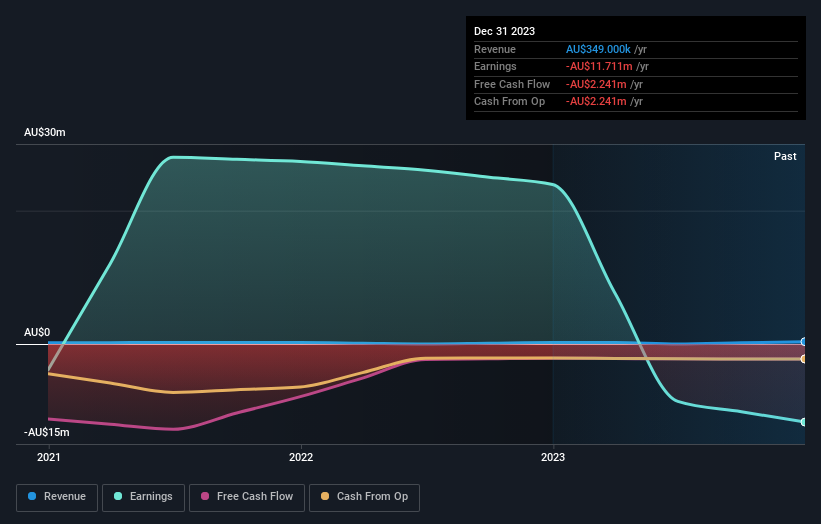Individual investors account for 60% of Sheffield Resources Limited's (ASX:SFX) ownership, while private companies account for 16%
Key Insights
Significant control over Sheffield Resources by individual investors implies that the general public has more power to influence management and governance-related decisions
40% of the business is held by the top 23 shareholders
Every investor in Sheffield Resources Limited (ASX:SFX) should be aware of the most powerful shareholder groups. The group holding the most number of shares in the company, around 60% to be precise, is individual investors. In other words, the group stands to gain the most (or lose the most) from their investment into the company.
Private companies, on the other hand, account for 16% of the company's stockholders.
Let's take a closer look to see what the different types of shareholders can tell us about Sheffield Resources.
View our latest analysis for Sheffield Resources
What Does The Institutional Ownership Tell Us About Sheffield Resources?
Many institutions measure their performance against an index that approximates the local market. So they usually pay more attention to companies that are included in major indices.
Sheffield Resources already has institutions on the share registry. Indeed, they own a respectable stake in the company. This can indicate that the company has a certain degree of credibility in the investment community. However, it is best to be wary of relying on the supposed validation that comes with institutional investors. They too, get it wrong sometimes. If multiple institutions change their view on a stock at the same time, you could see the share price drop fast. It's therefore worth looking at Sheffield Resources' earnings history below. Of course, the future is what really matters.
Sheffield Resources is not owned by hedge funds. Hebei Yanshan Iron and Steel Group Co., Ltd. is currently the largest shareholder, with 9.9% of shares outstanding. With 6.4% and 5.8% of the shares outstanding respectively, BlackRock, Inc. and Walter Yovich are the second and third largest shareholders.
A deeper look at our ownership data shows that the top 23 shareholders collectively hold less than half of the register, suggesting a large group of small holders where no single shareholder has a majority.
While studying institutional ownership for a company can add value to your research, it is also a good practice to research analyst recommendations to get a deeper understand of a stock's expected performance. We're not picking up on any analyst coverage of the stock at the moment, so the company is unlikely to be widely held.
Insider Ownership Of Sheffield Resources
While the precise definition of an insider can be subjective, almost everyone considers board members to be insiders. The company management answer to the board and the latter should represent the interests of shareholders. Notably, sometimes top-level managers are on the board themselves.
Insider ownership is positive when it signals leadership are thinking like the true owners of the company. However, high insider ownership can also give immense power to a small group within the company. This can be negative in some circumstances.
It seems insiders own a significant proportion of Sheffield Resources Limited. Insiders own AU$31m worth of shares in the AU$222m company. It is great to see insiders so invested in the business. It might be worth checking if those insiders have been buying recently.
General Public Ownership
The general public -- including retail investors -- own 60% of Sheffield Resources. This size of ownership gives investors from the general public some collective power. They can and probably do influence decisions on executive compensation, dividend policies and proposed business acquisitions.
Private Company Ownership
Our data indicates that Private Companies hold 16%, of the company's shares. It might be worth looking deeper into this. If related parties, such as insiders, have an interest in one of these private companies, that should be disclosed in the annual report. Private companies may also have a strategic interest in the company.
Next Steps:
While it is well worth considering the different groups that own a company, there are other factors that are even more important. To that end, you should be aware of the 1 warning sign we've spotted with Sheffield Resources .
If you would prefer check out another company -- one with potentially superior financials -- then do not miss this free list of interesting companies, backed by strong financial data.
NB: Figures in this article are calculated using data from the last twelve months, which refer to the 12-month period ending on the last date of the month the financial statement is dated. This may not be consistent with full year annual report figures.
Have feedback on this article? Concerned about the content? Get in touch with us directly. Alternatively, email editorial-team (at) simplywallst.com.
This article by Simply Wall St is general in nature. We provide commentary based on historical data and analyst forecasts only using an unbiased methodology and our articles are not intended to be financial advice. It does not constitute a recommendation to buy or sell any stock, and does not take account of your objectives, or your financial situation. We aim to bring you long-term focused analysis driven by fundamental data. Note that our analysis may not factor in the latest price-sensitive company announcements or qualitative material. Simply Wall St has no position in any stocks mentioned.

 Yahoo Finance
Yahoo Finance 

